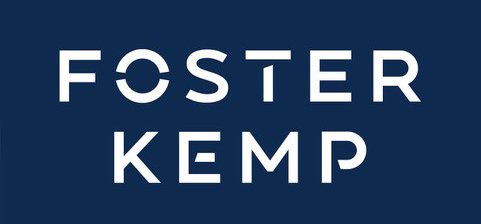Legal and Regulatory Framework
The preparation of service charge accounts is governed by the following key legislation and guidelines:
- Landlord and Tenant Act 1985 (Sections 18–30)
- Landlord and Tenant Act 1987 (Section 42: Trust accounts)
- Commonhold and Leasehold Reform Act 2002
- ICAEW TECH 03/11 Guidance on Residential Service Charge Accounts
- RICS Service Charge Residential Management Code (3rd Edition)
- The Service Charges (Summary of Rights and Obligations) (England) Regulations 2007
Scope of ICAEW TECH 03/11
TECH 03/11 applies to residential service charges and provides a framework for the presentation of financial statements. It applies to managing agents, landlords, and accountants preparing or certifying service charge accounts.
Structure of Annual Service Charge Accounts
Annual Service charge accounts include the following:
- Income and expenditure account for the accounting period
- Statement of financial position (balance sheet) if required by the lease
- Notes explaining the basis of accounting, major variances, and apportionment
- Report from the landlord or managing agent
- Independent accountant’s report, where certification or audit is required by the lease
Accounting Treatment and Standards
TECH 03/11 prescribes the use of accruals accounting for service charge income and expenditure. Income is recognised when service charges are demanded, and expenses are recognised when incurred, not when paid.
Trust Accounting Requirements
In accordance with Section 42 of the Landlord and Tenant Act 1987, all service charge monies must be held in a designated trust bank account on behalf of the leaseholders of a specific property or estate. This provides protection in case of insolvency. For more information see Bank Account Charges section.
Certification and Audit
The lease will determine whether the service charge accounts must be independently certified or audited. If required, a qualified accountant must examine the accounts and provide a report, typically in the format described in this section.
Variable Rent Charges for Leasehold Houses
Variable service charges may also apply to leasehold houses, where the lease requires the freeholder or managing agent to provide services such as maintenance of communal areas, roads, or shared amenities. These charges are subject to the same principles as for flats:
- Charges must be reasonable (LTA 1985, Section 19)
- Accounts must reflect actual costs incurred
- Leaseholders can request a summary of costs (Section 21) and inspect supporting documents (Section 22)
- Monies must be held in trust
- TECH 03/11 principles apply to the preparation and certification of accounts where relevant
Best Practice Recommendations
The following best practices are advised to ensure transparency and compliance:
- Prepare accounts within 6 months of financial year-end
- Provide detailed variance explanations and apportionment schedules
- Use consistent accounting policies and financial year ends
- Disclose management fees, major work, and reserve fund movements

